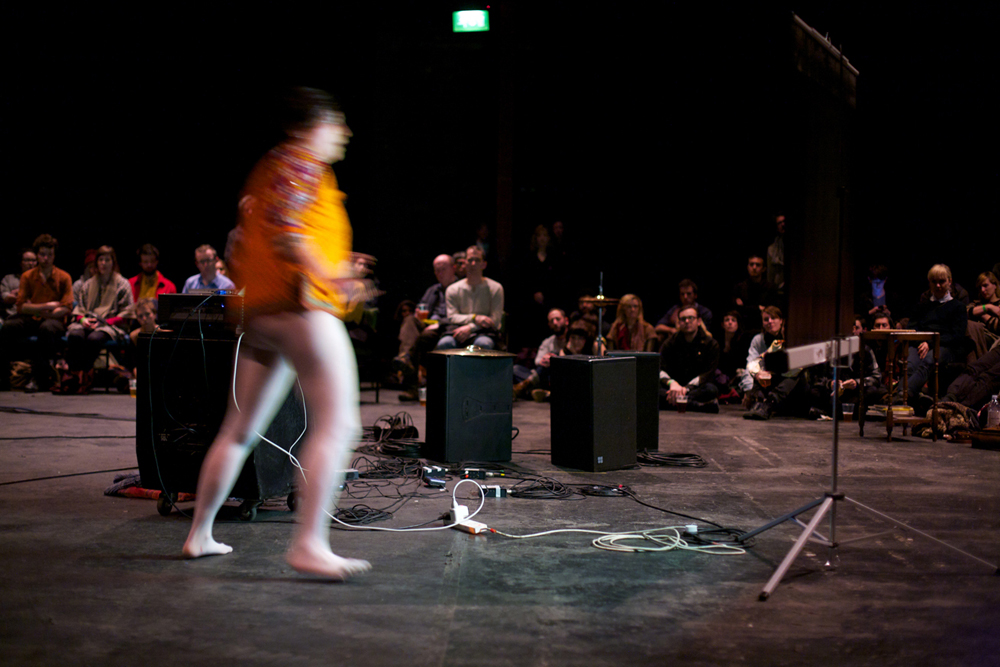
Become What You Are
Dawn Kasper
Slapstick comedy, monologue, and a kind of live sculpture transformed through video, props, musical instruments and make-up.
Arika have been creating events since 2001. The Archive is space to share the documentation of our work, over 600 events from the past 20 years. Browse the archive by event, artists and collections, explore using theme pairs, or use the index for a comprehensive overview.

Slapstick comedy, monologue, and a kind of live sculpture transformed through video, props, musical instruments and make-up.


HEAVY Japanese super group, featuring the sundown delta blues of Kan Mikami, Toshi Ishizuka’s heavy, time folding drumming and Masayoshi Urabe on sax, harmonica and chains.

Poetry of raw fearless truth and the realest crip insight fully embedded in absolute lyrical lounge.
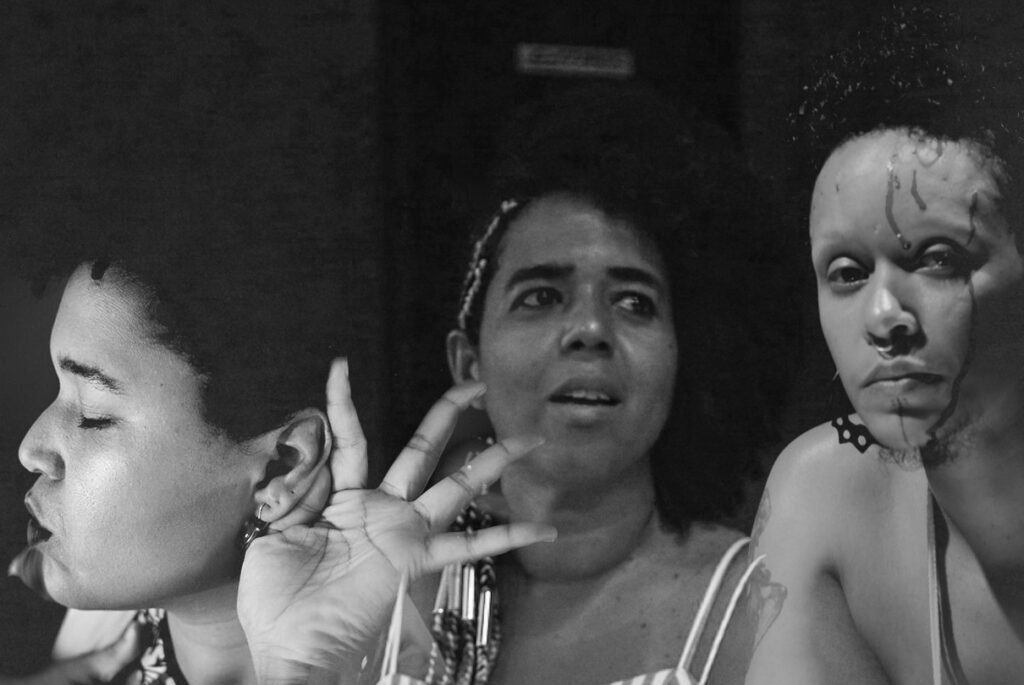
Brother and sister stumble over the early morning horizon in a spectral haze of emotionally devastating lunar vocals and oblique, lithium-soaked folk.

A performed filmic conversation on queer and black world making.
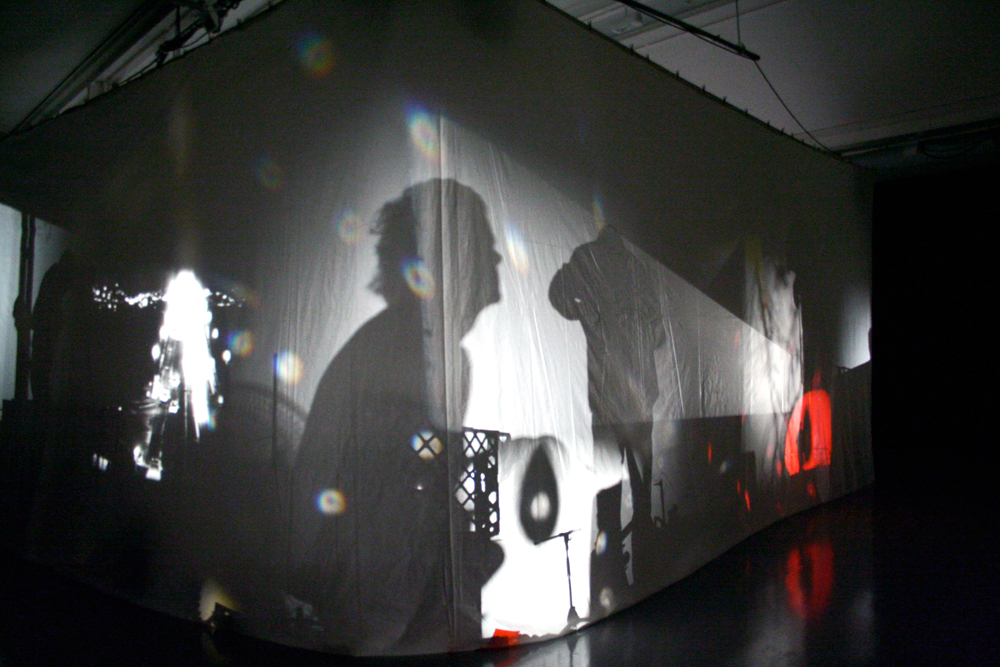
The Cube is a 6 hour performed installation in which sound and image are treated as independent but equal, where musicians and filmmakers sit alongside each other, improvise to and feed off both projected image and amplified and acoustic sound.
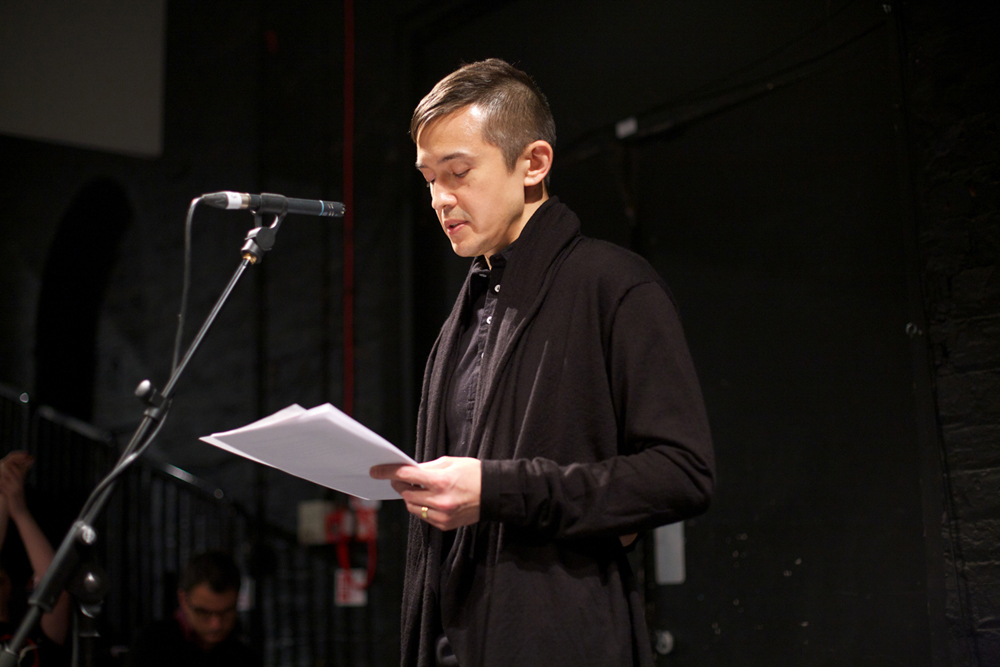
A chat with Eugene Thacker. Can we rethink the world as unthinkable, and without us?
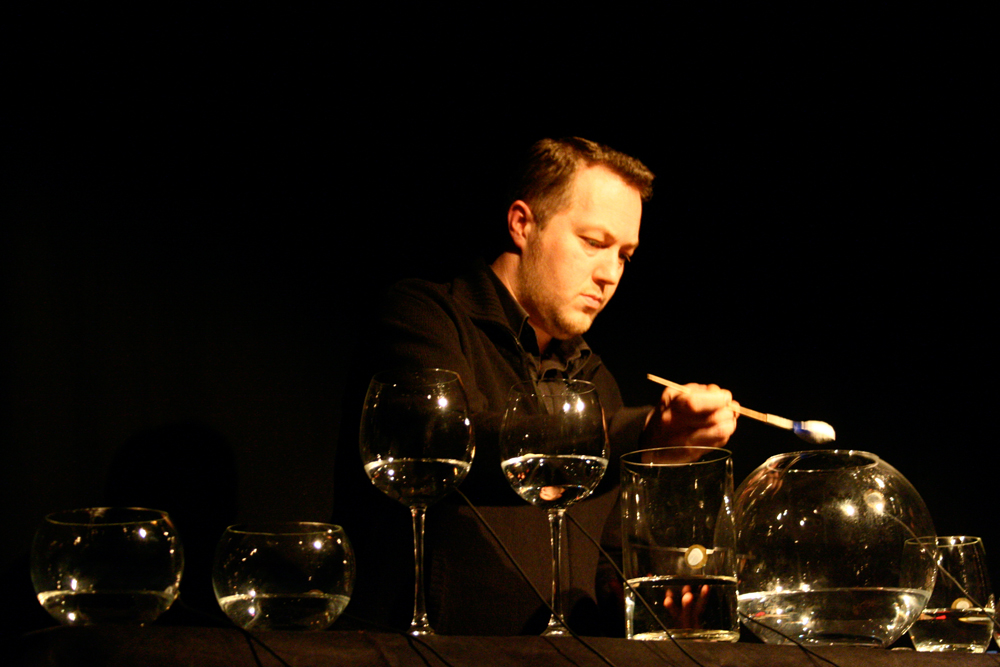
In this response to the Self Cancellation project, Lee Patterson dissolves medicine in glasses of water and explores the sonic content.
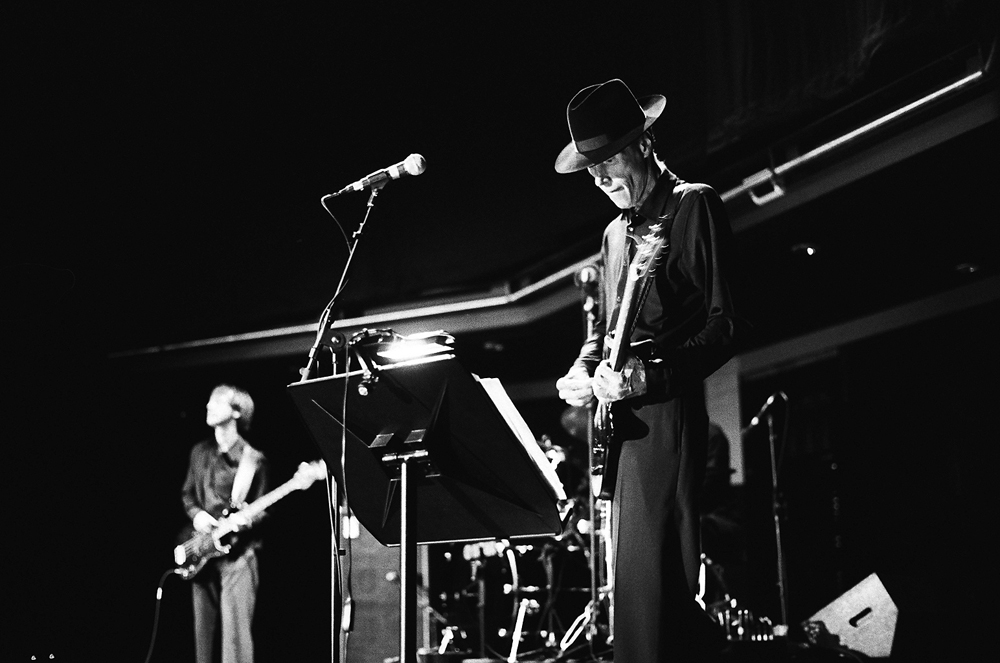
Jandek’s second ever live performance, and the first to be advertised in advance.

Argument is a provocative, multi-layered film essay, a trenchant analysis of the media and remains a critically relevant and critically inflammatory tract.